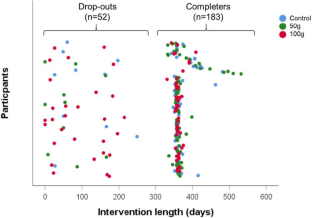2024-06-25 ジョージア大学 (UGA)
<関連情報>
- https://news.uga.edu/multidrug-resistant-fungi-in-soil-compost-flower-bulbs/
- https://journals.asm.org/doi/10.1128/aem.02056-23
市販園芸商品におけるヒト病原体Aspergillus fumigatusのアゾール耐性機構と個体群構造 Azole resistance mechanisms and population structure of the human pathogen Aspergillus fumigatus on retail plant products
Caroline Wang, Natalie Miller, Douglas Vines, Paul M. Severns, Michelle Momany, Marin T. Brewer
Applied and Environmental Microbiology Published:23 April 2024
DOI:https://doi.org/10.1128/aem.02056-23

ABSTRACT
Aspergillus fumigatus is a ubiquitous saprotroph and human-pathogenic fungus that is life-threatening to the immunocompromised. Triazole-resistant A. fumigatus was found in patients without prior treatment with azoles, leading researchers to conclude that resistance had developed in agricultural environments where azoles are used against plant pathogens. Previous studies have documented azole-resistant A. fumigatus across agricultural environments, but few have looked at retail plant products. Our objectives were to determine if azole-resistant A. fumigatus is prevalent in retail plant products produced in the United States (U.S.), as well as to identify the resistance mechanism(s) and population genetic structure of these isolates. Five hundred twenty-five isolates were collected from retail plant products and screened for azole resistance. Twenty-four isolates collected from compost, soil, flower bulbs, and raw peanuts were pan-azole resistant. These isolates had the TR34/L98H, TR46/Y121F/T289A, G448S, and H147Y cyp51A alleles, all known to underly pan-azole resistance, as well as WT alleles, suggesting that non-cyp51A mechanisms contribute to pan-azole resistance in these isolates. Minimum spanning networks showed two lineages containing isolates with TR alleles or the F46Y/M172V/E427K allele, and discriminant analysis of principle components identified three primary clusters. This is consistent with previous studies detecting three clades of A. fumigatus and identifying pan-azole-resistant isolates with TR alleles in a single clade. We found pan-azole resistance in U.S. retail plant products, particularly compost and flower bulbs, which indicates a risk of exposure to these products for susceptible populations and that highly resistant isolates are likely distributed worldwide on these products.


